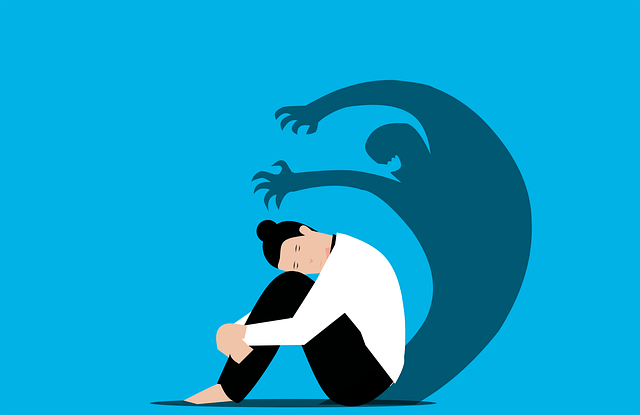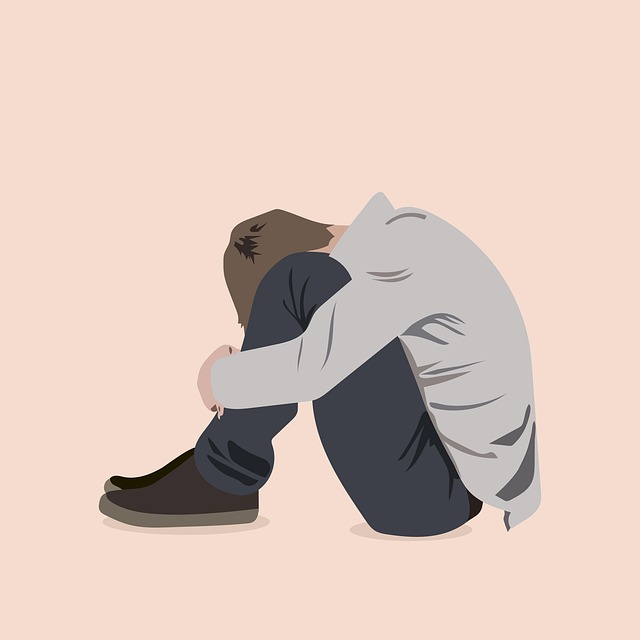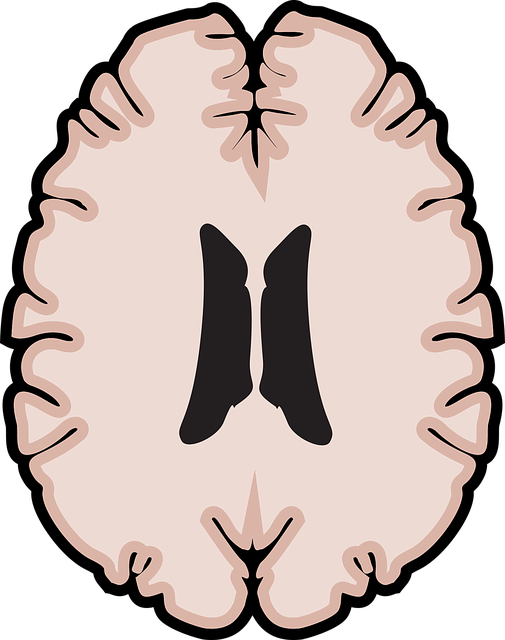Westminster Panic Disorder and anxiety attacks are mental health conditions characterized by fear and discomfort symptoms like rapid heartbeat and shortness of breath, often triggered by unprocessed stressors. CBT, a highly effective therapy, targets negative thought patterns and behaviors to reduce anxiety. Techniques like mindfulness meditation, yoga, deep breathing, regular exercise, balanced diets, and adequate sleep also play vital roles in managing these disorders. Mental wellness coaching programs and advocacy for robust mental health policies ensure access to evidence-based treatments and foster community support.
Anxiety can significantly impact daily life, but managing it effectively is achievable. This article explores various techniques to combat anxiety, focusing on both therapeutic approaches and lifestyle changes. We delve into understanding Westminster Panic Disorder and Anxiety Attacks, highlighting their symptoms and effects. Cognitive Behavioral Therapy (CBT) emerges as a popular and effective treatment. Additionally, we uncover other powerful tools, offering a comprehensive guide for those seeking to regain control over their mental well-being.
- Understanding Westminster Panic Disorder and Anxiety Attacks
- Cognitive Behavioral Therapy (CBT): A Popular Approach for Anxiety Management
- Other Effective Techniques to Combat Anxiety
- Lifestyle Changes to Reduce Anxiety Levels
Understanding Westminster Panic Disorder and Anxiety Attacks

Anxiety attacks and Westminster Panic Disorder are distinct yet interconnected conditions that significantly impact an individual’s mental wellness. These episodes, characterized by intense feelings of fear or discomfort, can be overwhelming and debilitating. During a panic attack, symptoms may include rapid heartbeat, sweating, trembling, shortness of breath, and a sense of losing control. While these attacks can feel sudden and seemingly random, they are often triggered by specific stressors or anxieties that have gone unaddressed.
Understanding the nature of these disorders is crucial for effective therapy and management. Westminster Panic Disorder, as the name suggests, involves recurrent and unexpected panic episodes that significantly disrupt daily life. The condition may develop following a traumatic event or due to genetic predisposition. Therapy aims to help individuals recognize triggers, manage symptoms, and ultimately reduce the frequency and intensity of anxiety attacks. Mental wellness coaching programs focused on burnout prevention can be beneficial in developing coping strategies, while mental health policy analysis and advocacy play a vital role in ensuring accessible support for those affected by such disorders.
Cognitive Behavioral Therapy (CBT): A Popular Approach for Anxiety Management

Cognitive Behavioral Therapy (CBT) is a popular and effective approach for managing anxiety disorders, including Westminster panic disorder and anxiety attacks. This therapy focuses on identifying and changing negative thought patterns and behaviors that contribute to anxiety. CBT helps individuals gain insights into their thoughts, feelings, and actions, empowering them to challenge and replace unhelpful cognitive distortions with more realistic and positive ones.
Through CBT, clients learn valuable empathy building strategies, mental wellness journaling exercise guidance, and conflict resolution techniques. By keeping a mental wellness journal, individuals can track their thoughts and emotions, identify triggers, and monitor progress over time. These exercises provide a safe space to express and process feelings, fostering self-awareness and resilience. Moreover, conflict resolution techniques teach effective communication and problem-solving skills, helping to reduce stress and anxiety in interpersonal situations.
Other Effective Techniques to Combat Anxiety

In addition to cognitive-behavioral therapy, there are numerous other effective techniques to combat anxiety, especially for those dealing with conditions like Westminster Panic Disorder and Anxiety Attacks. One such method is mindfulness meditation, which has gained significant recognition in recent years as a powerful tool for Stress Reduction Methods. By focusing on the present moment and cultivating awareness without judgment, individuals can learn to disengage from anxious thoughts and gain better emotional regulation skills.
Emotional Well-being Promotion Techniques often involve physical activities like yoga and deep breathing exercises, which have been scientifically proven to lower anxiety levels. Incorporating these practices into daily routines can help in managing symptoms and improving overall mental health. Moreover, supporting Mental Health Policy Analysis and Advocacy ensures that individuals have access to evidence-based treatments and resources, fostering a more comprehensive approach to addressing anxiety disorders.
Lifestyle Changes to Reduce Anxiety Levels

Managing anxiety effectively often involves significant lifestyle changes. Incorporating regular exercise into your routine is a powerful tool to reduce anxiety levels. Physical activity stimulates the release of endorphins, often referred to as ‘feel-good’ hormones, which can help combat anxious thoughts and promote relaxation. Additionally, exercises like deep breathing, yoga, and meditation have been shown to be beneficial in Westminster panic disorder and anxiety attack therapy, providing individuals with effective coping mechanisms.
A balanced diet and adequate sleep are also crucial aspects of anxiety management. Mental health education programs design that focus on promoting positive thinking and healthy habits can significantly impact overall well-being. Public awareness campaigns development around these issues can encourage people to make necessary lifestyle adjustments and seek support when needed, fostering a more informed and supportive community.
Anxiety management is a multifaceted journey, offering various techniques to combat Westminster Panic Disorder and Anxiety Attacks. From Cognitive Behavioral Therapy (CBT) as a popular and proven approach, to exploring other effective methods like mindfulness, breathing exercises, and lifestyle adjustments, individuals have an array of tools at their disposal. By understanding triggers and adopting healthy habits, one can significantly reduce anxiety levels and improve overall well-being. Remember, seeking professional help for Anxiety Attacks Therapy is a valuable step towards reclaiming control and fostering resilience.











